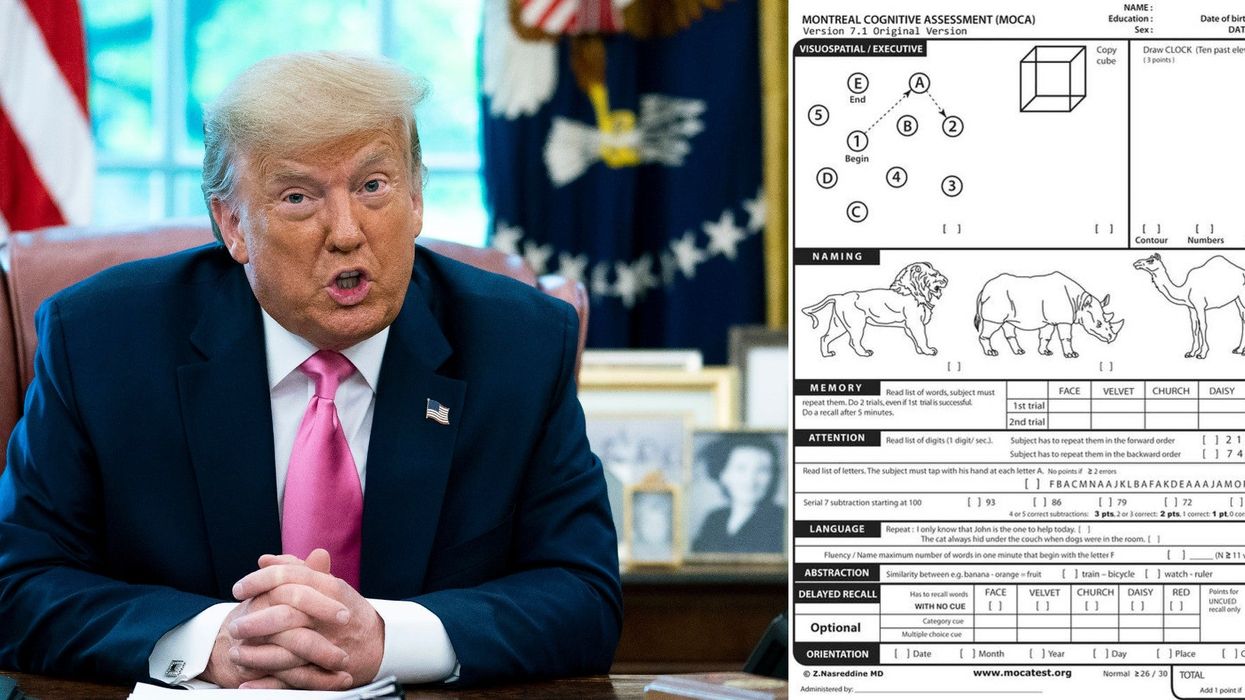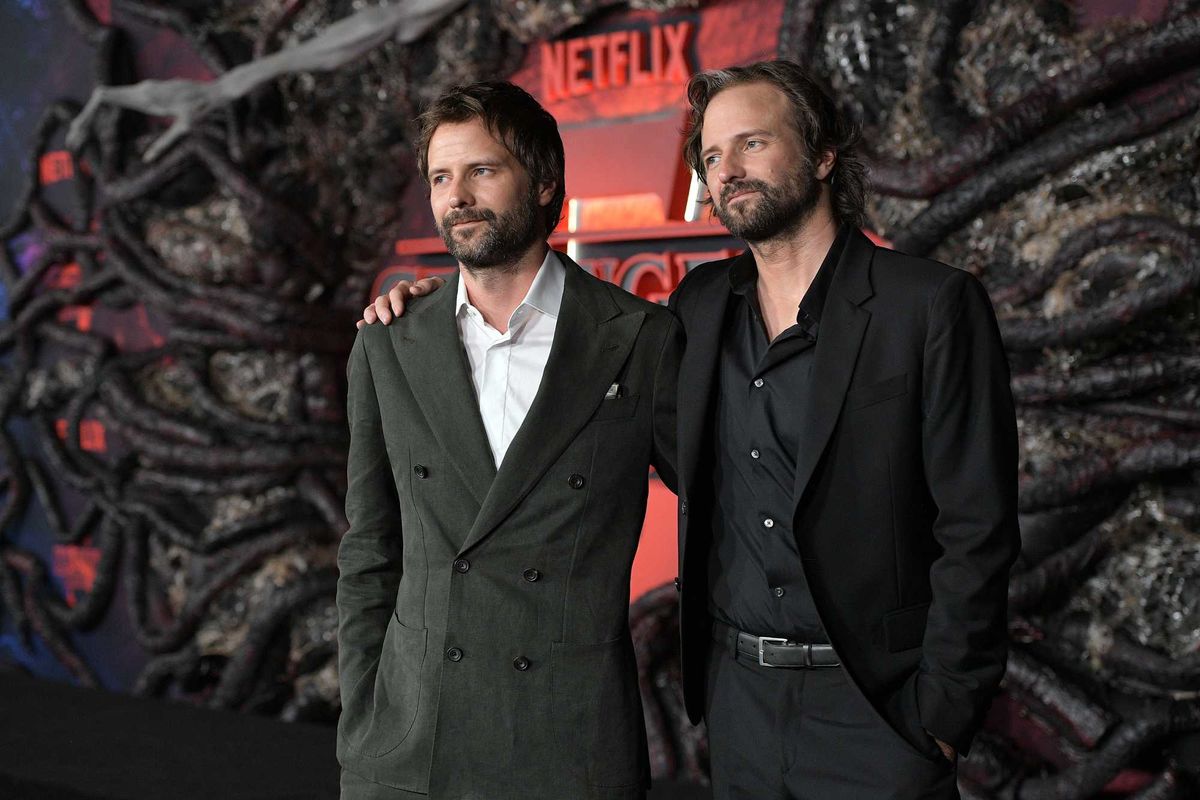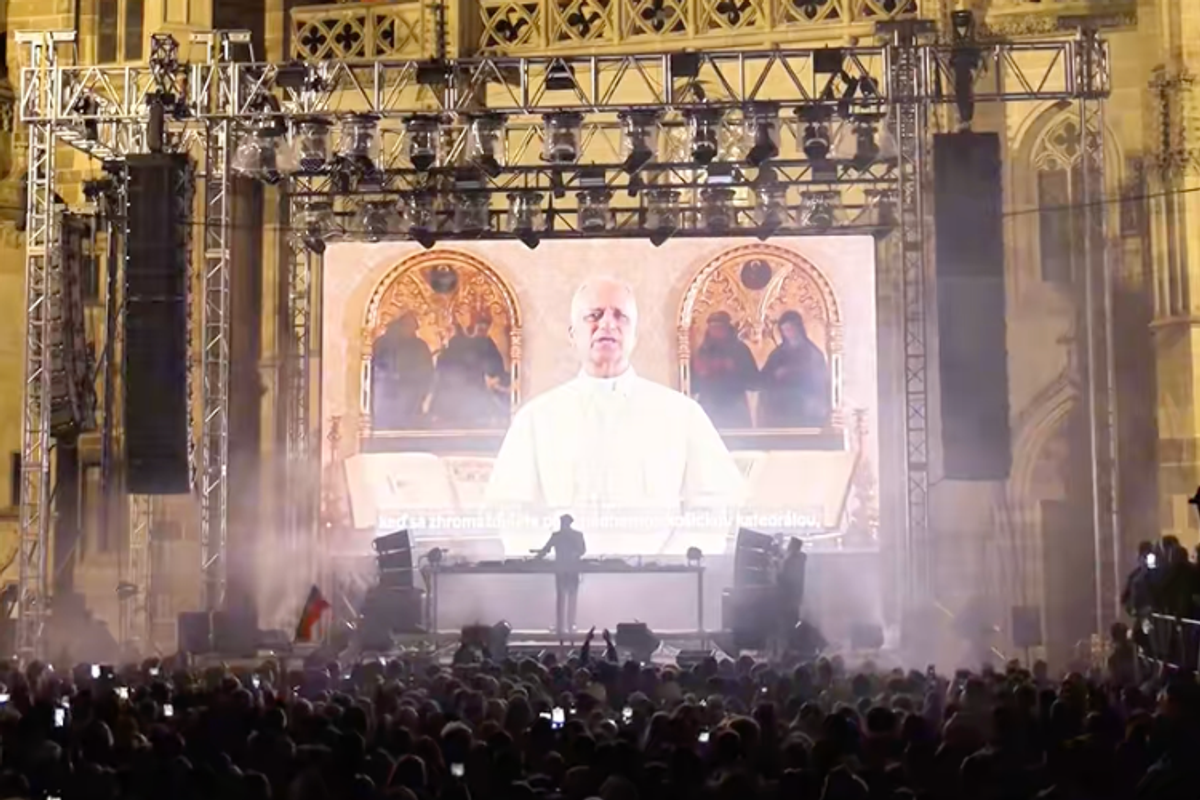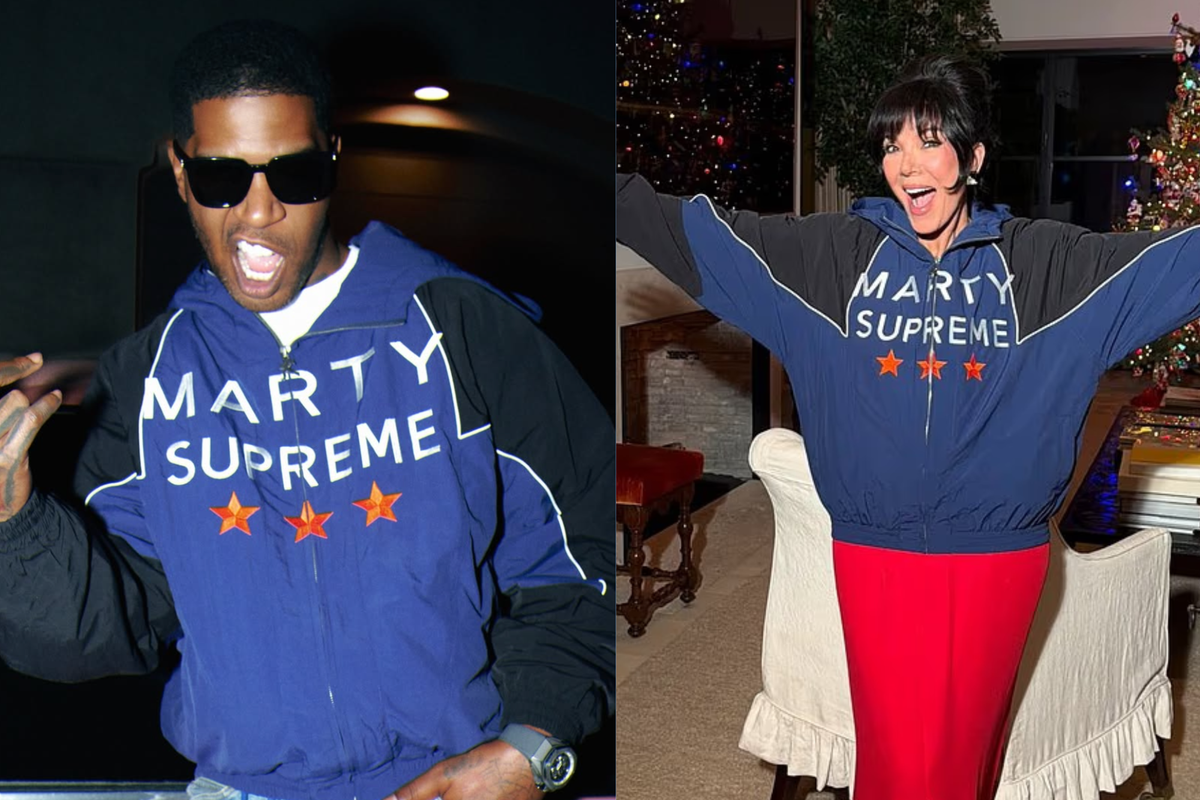With the coronavirus pandemic still leading to widespread cases across the United States, and disturbing scenes from protests in Portland being plastered across social media, one of Donald Trump's primary concerns is to brag about a test that he completed.
During an interview with Chris Wallace on Fox News that was aired on Sunday, the president claimed that he had 'aced' a cognitive test that he had taken during a trip to the Walter Reed hospital earlier this month, and claimed that Joe Biden wouldn't have been able to answer the questions.
However, as Wallace pointed out he had also taken a similar test and discovered that it really wasn't that difficult. At one point the anchor said:
I took the test too when I heard that you passed it. It’s not – well it’s not the hardest test. They have a picture and it says ‘what’s that’ and it’s an elephant.’
Trump obviously didn't like that and told Wallace that this was a "misrepresentation" and that he bet that he couldn't even complete the last five questions which, according to the president were "very hard."
Yes, the first few questions are easy. But I’ll bet you couldn’t even answer the last five questions. I’ll bet you couldn’t, they get very hard, the last five questions.
So just how easy or difficult is this test that Trump can't shut up about?
Well, rather than us telling you why don't you give it a go yourself?
The test that it's been reported Trump took is called the Montreal Cognitive Assessment and was created in 1996 by Dr Ziad Nasreddine who was quoted earlier this week by Market Watch as saying that "it's supposed to be easy" and that its not an IQ test but a test which allows physicians to detect for early signs of Alzheimer's.
It's not 100 per cent clear what version of the test that Trump took, as there are a few available. Below is the latest version that is available on the MoCA website.
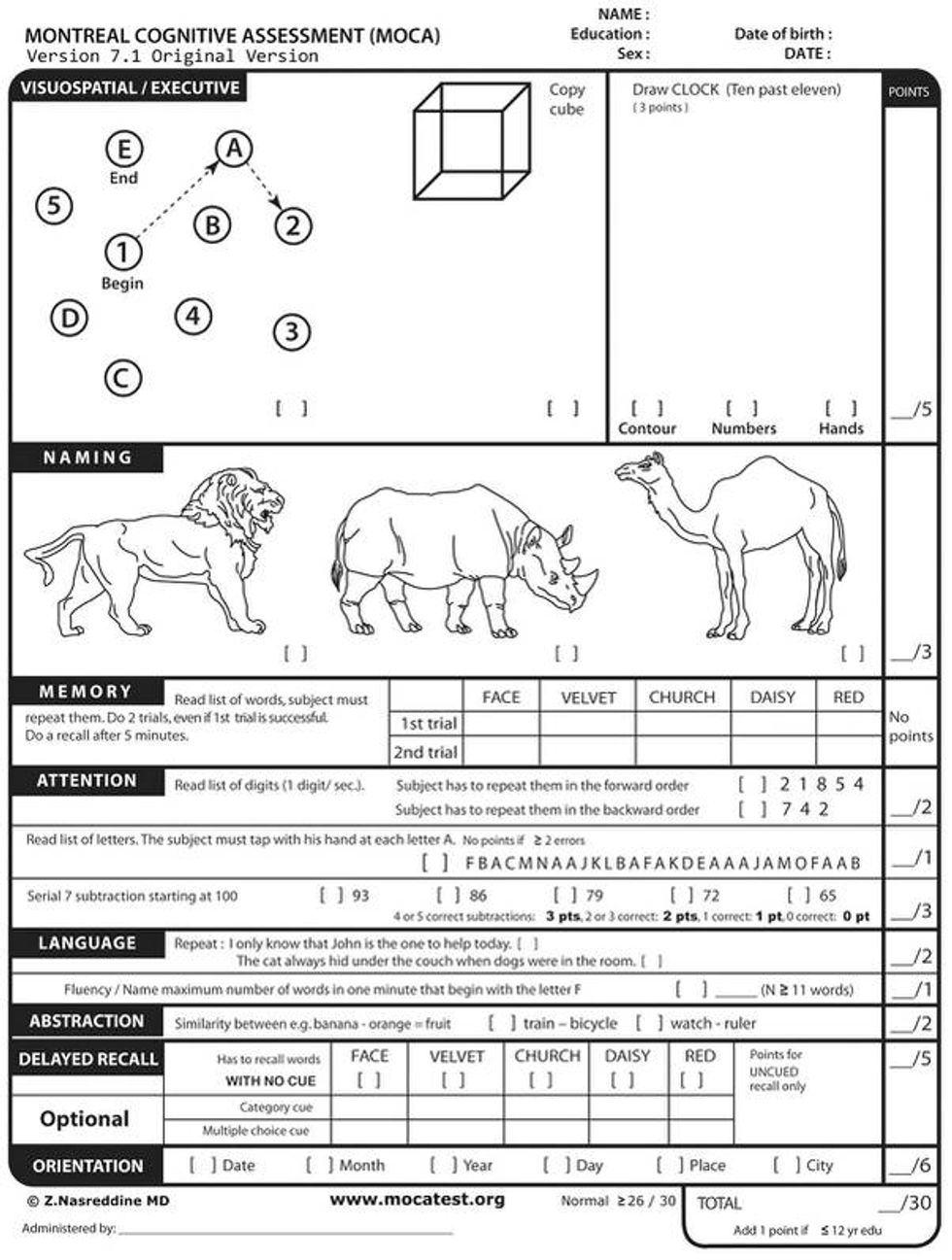
Just in case you can't read that. We've listed the questions for you. If you want to take the test you might need an extra person to help you:
1) Visuospatial/ Executive
A. Match the sequence of numbers to the sequence of letters in the alphabet (i.e. 1 to A etc)
B. Draw a cube
C. Draw a clock with the hands at ten past eleven
2) Naming
Name the animals that are pictured above (sadly not elephant version available).
3) Memory
Read a series of random words and then repeat them twice. The subject will be asked this same question again at the end of the test.
The words are: FACE, VELVET, CHURCH, DAISY, RED
4) Attention
A. Repeat the following numbers in order: 2 1 8 5 4
B. Repeat the following numbers in reverse order: 7 4 2
C. Tap your hand each time you hear the letter A in the following sequence of letters:
F B A C M N A A J K L B A F A K D E A A A J A M O F A A B
D. Starting from 100 count backward in multiples of seven (3 points for 4 or 5 correct answers, 2 points for 2 or 3, 1 point for 1)
5) Language
A. Repeat the following sentences:
I only know that John is the one to help today.
The cat always hid under the couch when dogs were in the room.
B. Name the maximum number of words in one minute that begin with the letter F
6) Abstraction
Name the similarities between certain objects i.e. orange - banana = fruit
Train - bicycle =
Watch - ruler =
7) Delayed Recall
Repeat the five random words that were said to you earlier. Firstly without any cue and then a multiple-choice cue if not immediately answered (points only give for answers without a cue).
8) Orientation
Name where and when you are taking the test:
Date -
Month -
Year -
Day -
Place -
City -
The scores are out of a total of 30 with a normal score considered to be 26 so congratulations if you achieved that score or higher.
We're willing to concede that not every question on this test is that easy but they certainly don't look as hard as the president was making out.
Especially given the fact that Trump said that the last five questions, one of which was naming the date and place where you are, as "very hard" should be quite concerning.
